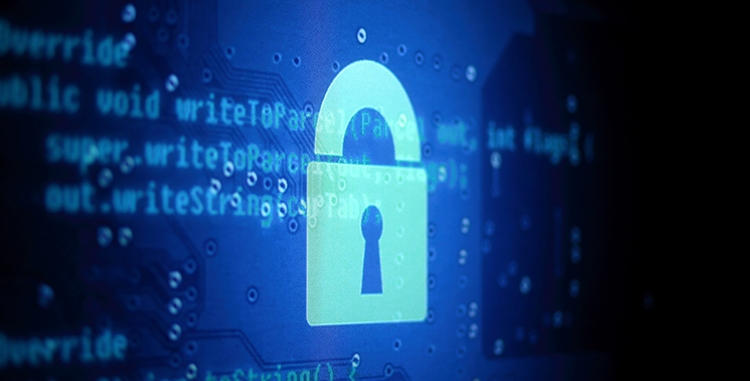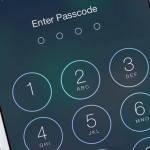A rumor was sparked recently with an article published in The Beijing News and later covered by IT World where an anonymous source claims that Tim Cook has agreed to have Apple products be subjected to spontaneous inspections. Those inspections would have the goal of verifying that there are no backdoors and that the data stored on Macs and iOS devices is indeed secure.
Apple’s CEO Tim Cook met with the head of China’s State Information Office Lu Wei last November to discuss Apple’s products and the Apple Watch in particular as well as China’s security concerns when it comes to Apple and its software and hardware. The anonymous source cited in The Beijing News article has revealed that Tim Cook had openly stated: “We do not, and will not provide a back door”, while Lu Wei has insisted that “We need to draw conclusions, so that consumers must be assured”. In the end, the Cupertino CEO is said to have agreed to spot checks that should:
Ensure information security and privacy of users, while maintaining national security.
While we have no solid evidence that Tim Cook has agreed to such inspections, it is not as outlandish as it may sound. Even though letting Chinese government officials in on Apple’s secrets is a big risk due to China’s lax copyright law enforcement, the Chinese market is a crucial one for the Cupertino company’s long-term success since it provides a lot of potential consumers and is projected to grow in the next several years. So in that sense the rumor falls into the realm of possibility, if not probability.

For the last few years Apple has been pushing to increase its appeal to the Chinese market in every way they can – from just recently opening their largest Apple Store on the Asian continent in Hangzhou, China, to releasing new products in China on the same day as Apple does in the US, to introducing new Siri languages and features aimed directly at the Chinese consumers such as the addition of Baidu as a search provider, an improved Chinese input method, a new dictionary, sharing capabilities to the Sina Weibo microblog as well as the Youku and Tudou video sites.
So what are the implications if the alleged agreement turns out to be true? The bad news for Apple is that it will be sharing private code and internal hardware designs with multiple Chinese officials assigned to investigate its products until they are satisfied that there are no backdoors or other unwanted software that endangers the consumers’ privacy. The silver lining, at least for us consumers, is that such an investigation will add a layer of transparency to Apple’s internal procedures and possibly reassure us that our data is secure.





